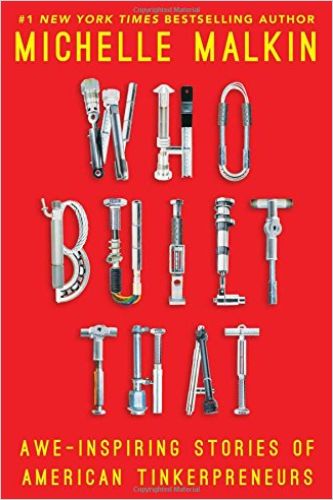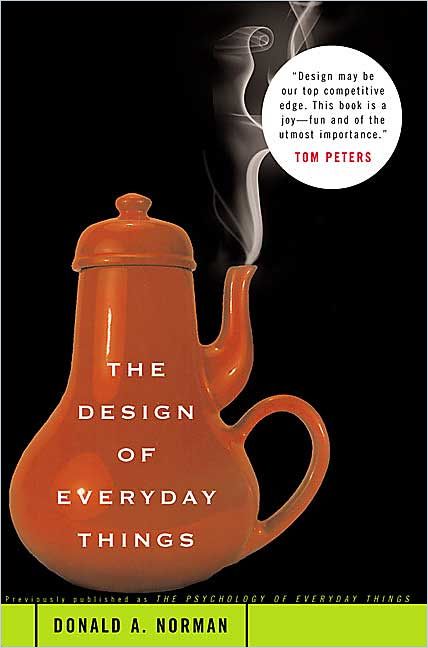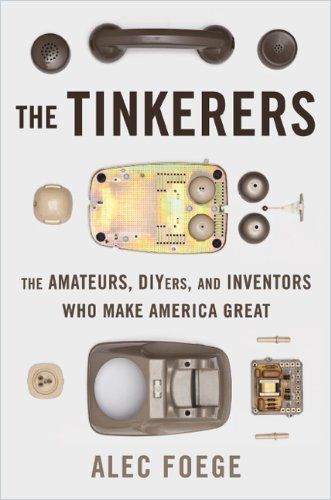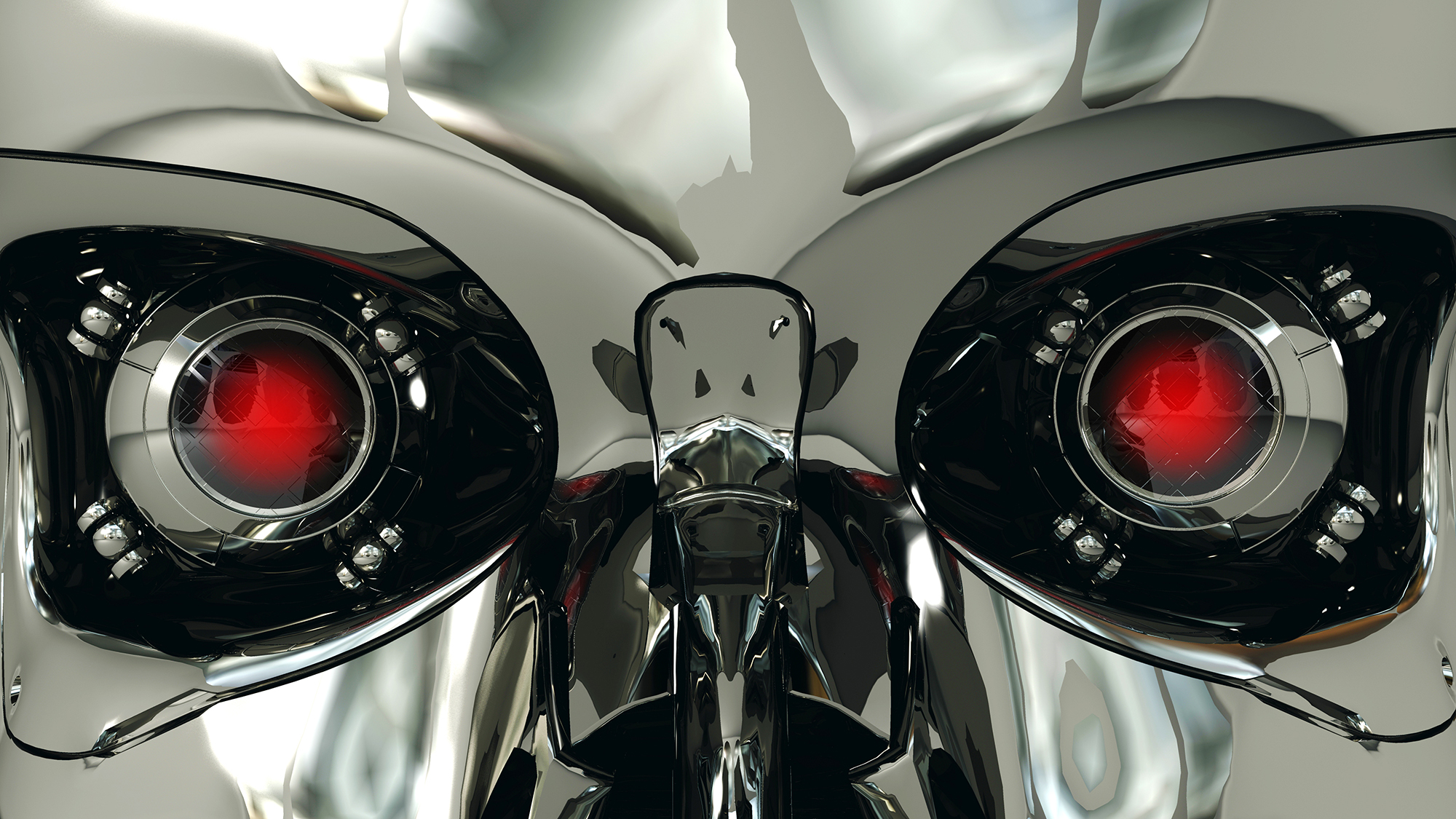Deutsche Thoroughness

It is unfathomable: America has managed to fly to the moon. They invented the hydrogen bomb, the cardiac pacemaker and the light bulb. But to this day, a simple thing like the mixing faucet is widely unknown in American bathrooms. When washing your hands you can pretty much choose between heat stroke or frost bite.
When I first moved into my New Yorker apartment I bewilderedly asked my landlord: ‘Don’t you have a regulator to adjust the room temperature?’ And he replied cheerfully, ‘Of course. We call it window.’
Vince Ebert
Americans don’t mind any of this. And why would they? They don’t know it any differently. Me on the other hand, I realised after a few weeks how “German” I was in this regard. When it comes to the invention and realization of technologies, we are probably not as courageous as our American colleagues, but our ambition to avoid mistakes and instead to consider every possible problem beforehand has also positive aspects to it. There is a reason why we are market leaders in cylinder head gaskets, shower faucets and food processors.
We are fascinated by the idea of getting to the bottom of things. This quality has also brought immense merits to the scientific world. More than 100 years ago, German physicists figured out that light is simultaneously a wave and a particle. Because we wanted to know exactly what light was. Accordingly, Max Planck developed quantum physics whereas Thomas Edison only invented the light bulb. Admittedly, without him we would still be watching Netflix by candlelight.
Note
Our columnist Vince Ebert speaks at congresses, conferences and company celebrations in German and English on the topics of success, innovation and digitization. Here you can hire Vince Ebert as a keynote speaker for your event.
Goethe’s Faust, usually coined the greatest work of German literature, puts best in words this manic exploratory spirit: We want to know what exactly “holds the world together in its innermost folds.” And the one technical invention following this tradition most closely is the so-called Flachspüler, a toilet bowl that is fondly referred to as a “poop shelf.”
Toilet Anthropology
As you may know, toilet architecture is not the same everywhere. For example, in France the hole is far in the back of the bowl. This way the material in question disappears immediately in the depths of space. In Anglo-American countries the hole is in the middle of a water-filled bowl so you always get wet feedback. The technical term for this kind of toilet bowl is washdown or Tiefspüler.
In Germany now the art of toilet architecture has led to the remarkable afore-mentioned Flachspüler. In a Flachspüler the hole is in front of the bowl so that your solid product won’t fall right into the water. Oh no – on the contrary, it elegantly slides onto a shelf where it ends up sitting in all its splendor and grandeur.
Every time I tried to explain the principle of a Flachspüler to an American all I got was blank stares and disgusted head shakes. One New Yorker acquaintance even went so far as to never invite me back to his place ever again. ‘Someone who comes up with toilets like that is capable of anything,’ he said gloomily.
Vince Ebert
Slovenian Philosopher Slavoj Žižek pondered about this phenomenon quite some time ago. He was convinced that the reason for our differing toilet designs lies in our specific culture and history. Taking our French neighbors as an example again: They had the French revolution with its main motto “Off with the head, away with it.” Classic denial mechanism, if you will. “We don’t give a shit” (read with a thick French accent).
The Anglo-American mentality is clearly more pragmatic and rational. “Let it sink in for a bit…” Then some quick feedback, push the flush button, problem gone!
German philosophy on the other hand devotedly engages in all things good, beautiful and pure, not least in metaphysics. The land of poets and thinkers. Let’s look at it from every perspective. Let’s experience it with all our senses. Forget the solution, it’s the problem that counts!
I dare say the Flachspüler is even more representative than Goethe’s Faust: The German soul in a porcelain nutshell!
For further reading on the topic, Vince recommends the following from our knowledge library:



Photo: Frank Eidel






